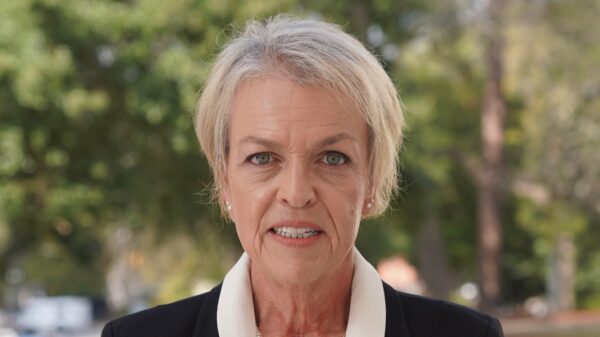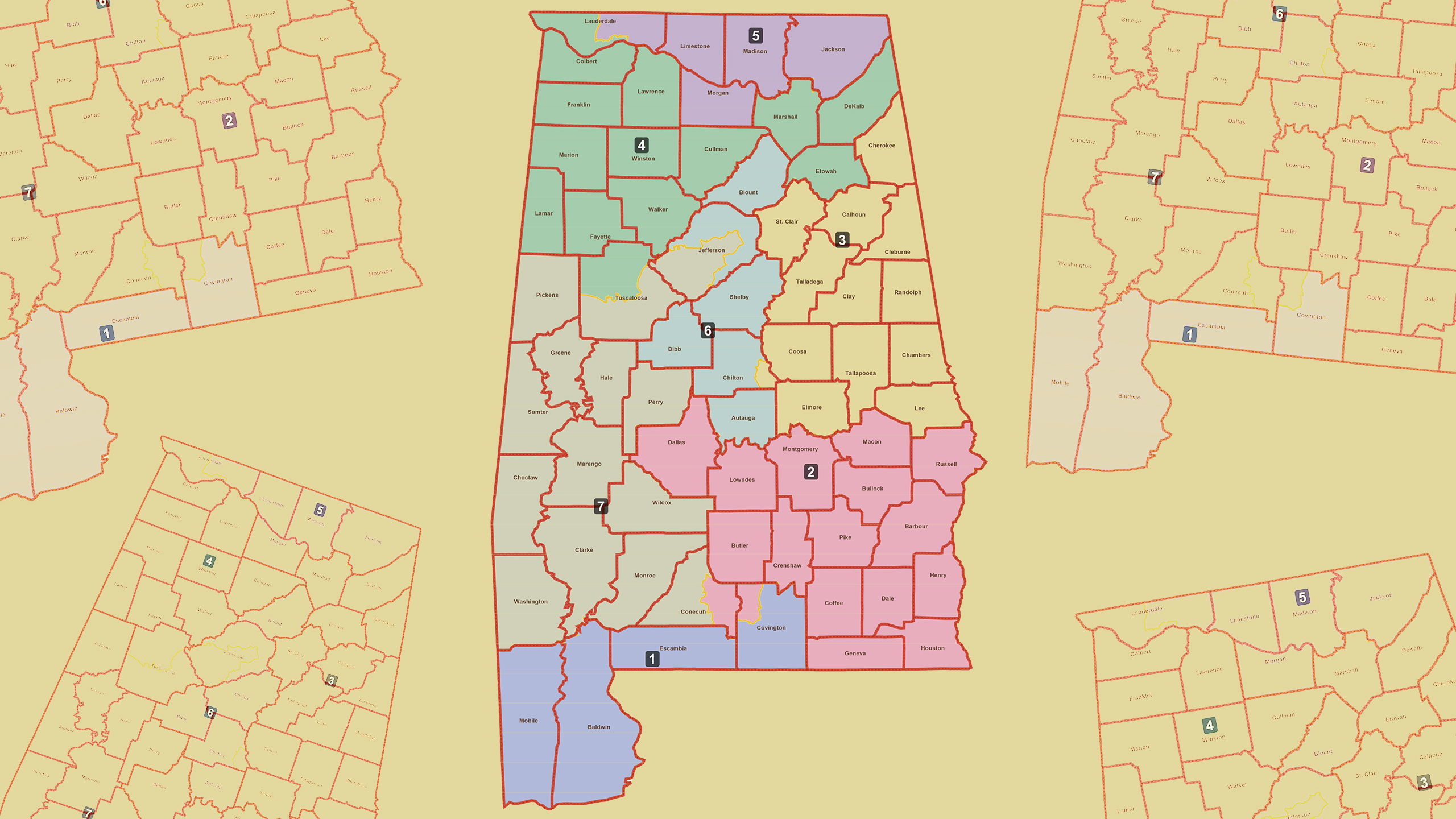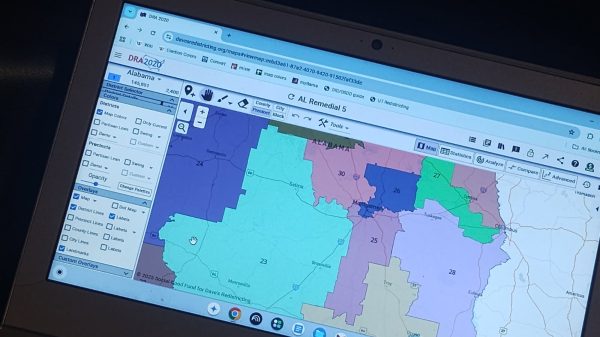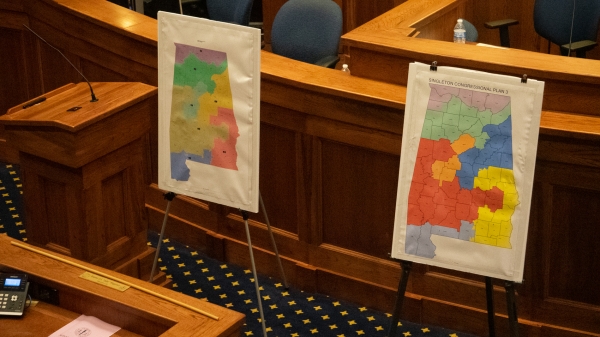The cartographer that had been appointed by a federal court to potentially draw new maps for the state has withdrawn from the case.
Nathaniel Persily, a Stanford University professor, withdrew from the position Monday after being the court’s appointee since February 2022. The court has ordered both parties to submit there to five names for a replacement by the end of the week.
Friday is also the last day to submit objections to the state’s new map, which failed to create a second majority-minority district, instead creating a 2nd Congressional District with a 40 percent Black voting age population, while also taking District 7 down from 55 percent to just over 50 percent BVAP.
Democrats have criticized the Republican plan, saying the map fails to meet the court’s order that the state create a second majority-minority district or “something quite close to it.”
If the court upholds the state’s new map, no new cartographer will be necessary. But if the state’s map is rejected, it appears it will be in the hands of special master Richard Allen and the new cartographer to come up with a satisfactory map.






















































